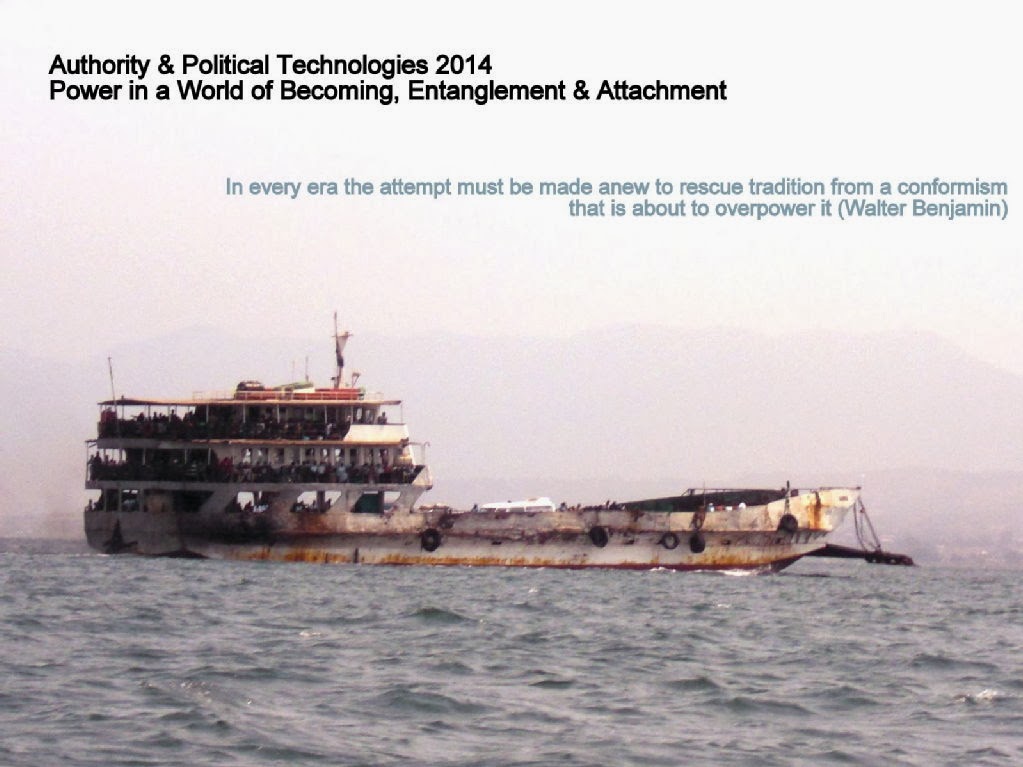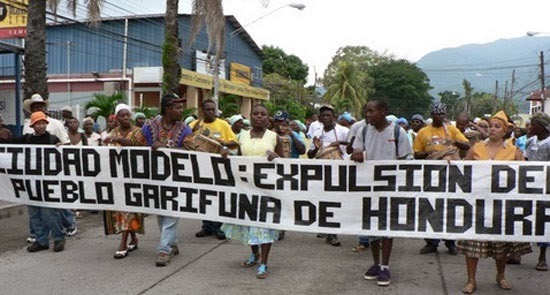Ever since 'Parasophia: Kyoto International Festival of Contemporary Culture' announced its open research program, it has been hard to dismiss its excellent line-up of speakers, both academics and artists. Amongst the names is that of Akira Mizuta Lippit, whose presentation "Like Cats and Dogs - Cinema and Catastrophe" at The Museum of Kyoto on 21 June 2013 was expanded into an essay published digitally in both Japanese and English.
Broaching such classic subjects as mixing metaphors, catastrophe and kitlers, Lippit performs his hallmark critical analysis with gusto on the films of D. W. Griffith, Leni Riefenstahl and Alain Resnais, quite cheekily linking catachresis, cats and filmic representation, and suggesting by the end, "Isn't every film image ultimately a cat?"
"But does a real cat (and cats are always real, it seems) have to be in every scene of catachresis? Is this the way to underscore the rhetoric as if there were some natural and thus non-catachrestic relation between the image of the cat and the trope of catachresis? Are cats the real figures of catachresis? Is a scene of catachresis without a cat incomplete, a catalexis?"The essay can be found on the Parasophia website, available for download in ePub and pdf formats.







